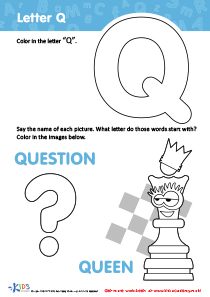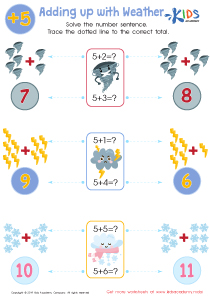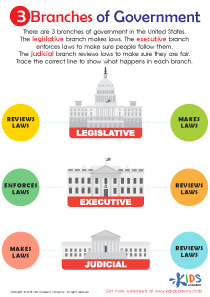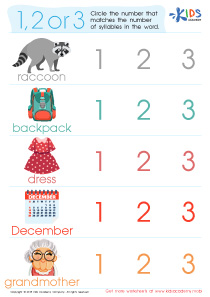102 results
102 filtered results
Clear all filters102 filtered results
-
From - To
Unleash the power of learning with our interactive assessment quizzes designed specifically for children ages 8-9! Our quizzes are more than just a test - they're a journey into the world of knowledge, offering instant feedback to guide your child's learning process effectively. Each quiz is tailored to match the curiosity and learning capacity of young minds in this age group, ensuring that they are both challenged and entertained. With a variety of topics to explore, our quizzes make learning fun and engaging, encouraging children to push their boundaries and discover new interests. Perfect for ages 8-9, these quizzes are your child's best companion on their educational adventure.
Interactive quizzes have become an indispensable tool in the educational landscape, offering an engaging and effective way for children, particularly those in the Ages 8-9 group, to reinforce learning and assess their understanding of various subjects. The integration of these interactive quizzes into children’s studies not only makes learning more enjoyable but also enhances their cognitive skills, including memory, problem-solving, and critical thinking.
Why are Interactive Quizzes Beneficial for Children Ages 8-9?
At the age of 8 to 9 years, children are at a crucial developmental stage where they are more receptive to learning through interactive and fun methods rather than traditional rote memorization techniques. Interactive quizzes cater to this need by presenting learning materials in a format that is both engaging and challenging. Here are some reasons why these quizzes are particularly helpful for children in this age group:
-
Enhanced Engagement: The interactive nature of these quizzes, complete with visuals, animations, and immediate feedback, captures the attention of children ages 8-9, keeping them engaged for longer periods. This increased level of engagement ensures that they absorb more information, translating to better retention and understanding of the subject matter.
-
Immediate Feedback: One of the key features of interactive quizzes is the instant feedback provided after each question. This immediate knowledge of results helps children ages 8-9 understand what areas they are strong in and where they need improvement, fostering a self-guided learning experience.
-
Boosts Confidence: Successfully completing these quizzes can be a significant confidence booster for children. It gives them a sense of achievement and encourages them to take on more challenging quizzes, thereby gradually enhancing their knowledge base and academic confidence.
-
Personalized Learning: Interactive quizzes can be tailored to suit the learning pace and style of each child. This personalization is particularly beneficial for children ages 8-9, as it allows them to learn at their comfort level without feeling pressured by the progress of their peers.
-
Encourages Critical Thinking: Many interactive quizzes are designed to challenge the thought process, prompting children to apply logic and reasoning rather than mere memorization. This nurtures critical thinking skills from a young age, preparing them for more complex problem-solving situations in the future.
-
Promotes Fun Learning: Perhaps the most significant advantage is that these quizzes make learning fun. By incorporating elements of games and competition, children ages 8-9 are more likely to cultivate a love for learning, viewing it as an enjoyable activity rather than a chore.
Conclusion
Interactive quizzes stand out as a highly effective educational tool for children, especially those for ages 8-9. By blending learning with fun, these quizzes not only enhance academic performance but also contribute to the overall development of critical cognitive skills. The immediate feedback, personalized learning paths, and engaging content ensure that children not only learn but also retain and apply the knowledge gained. As educators and parents continue to explore and integrate such interactive elements into children’s studies, we can expect to witness a more motivated, confident, and knowledgeable younger generation, ready to tackle the challenges of the future with enthusiasm and skill.











